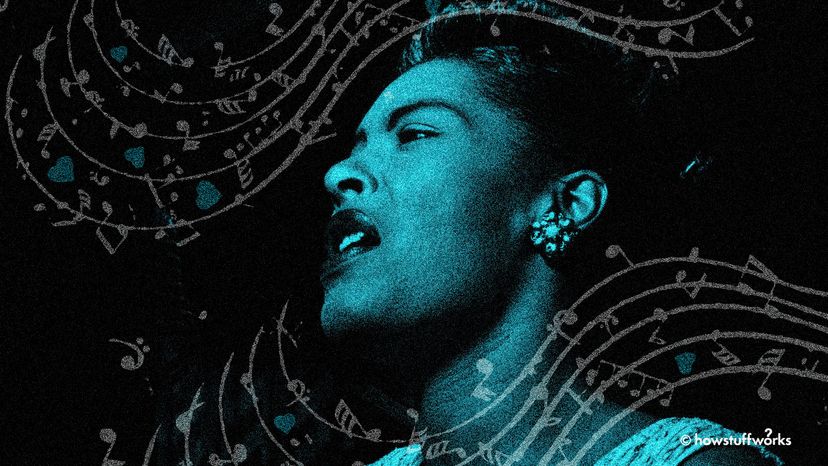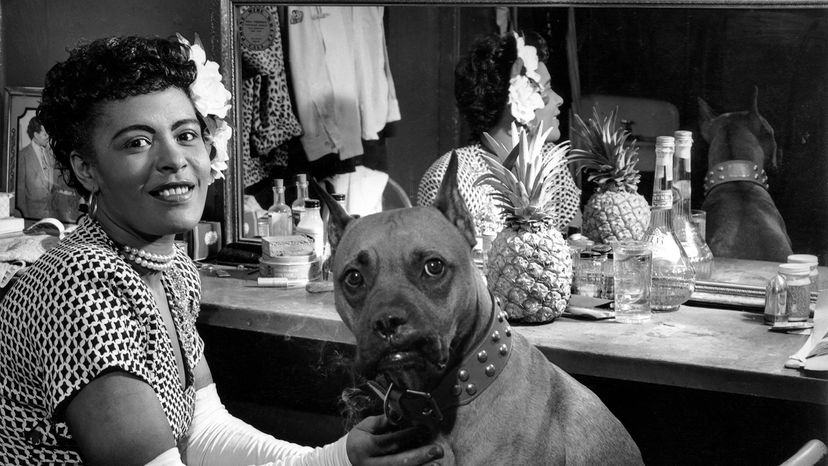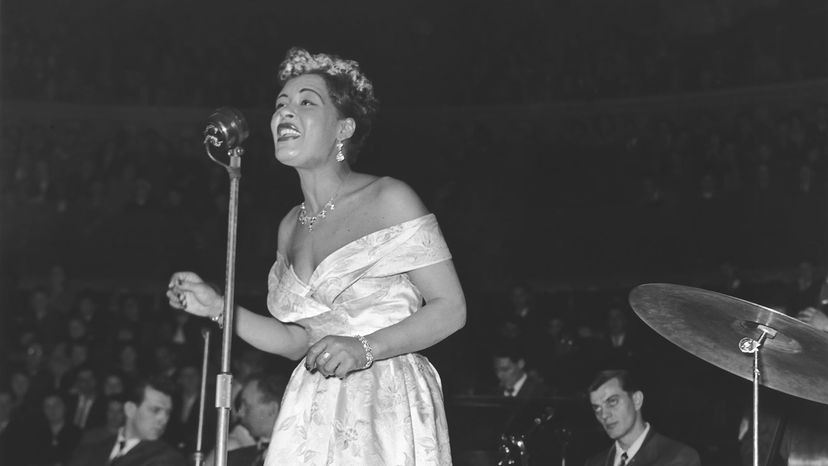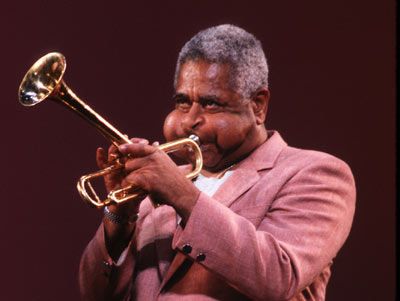
In February 2021, "The United States vs. Billie Holiday" premiered on Hulu, earning a Golden Globe Best Actress award for Andra Day who portrayed the jazz singer. While many may be familiar with Holiday's bittersweet songs and position as a singing legend, few may know as much about the trauma, heartbreak and tragedy that informed much of her work and prematurely ended her career and life.
Born on April 7, 1915, Holiday survived a difficult childhood and became known as a New York City singing sensation by age 18. She graduated from the Harlem nightclub scene to gain international stardom with songs like "What a Little Moonlight Can Do" and "Riffin' the Scotch'' but, she battled a heroin addiction, and was eventually targeted by the government in an effort to persecute Black people in the war on drugs.
Advertisement
Although Holiday had a vocal range of just one octave and a half, it was her distinctive phrasing and emotional connection to her songs that riveted audiences; many of her best-known tunes offered intimate insights into the pain and sorrow she endured behind her stage persona. Here are five Billie Holiday songs that take you into her world:



